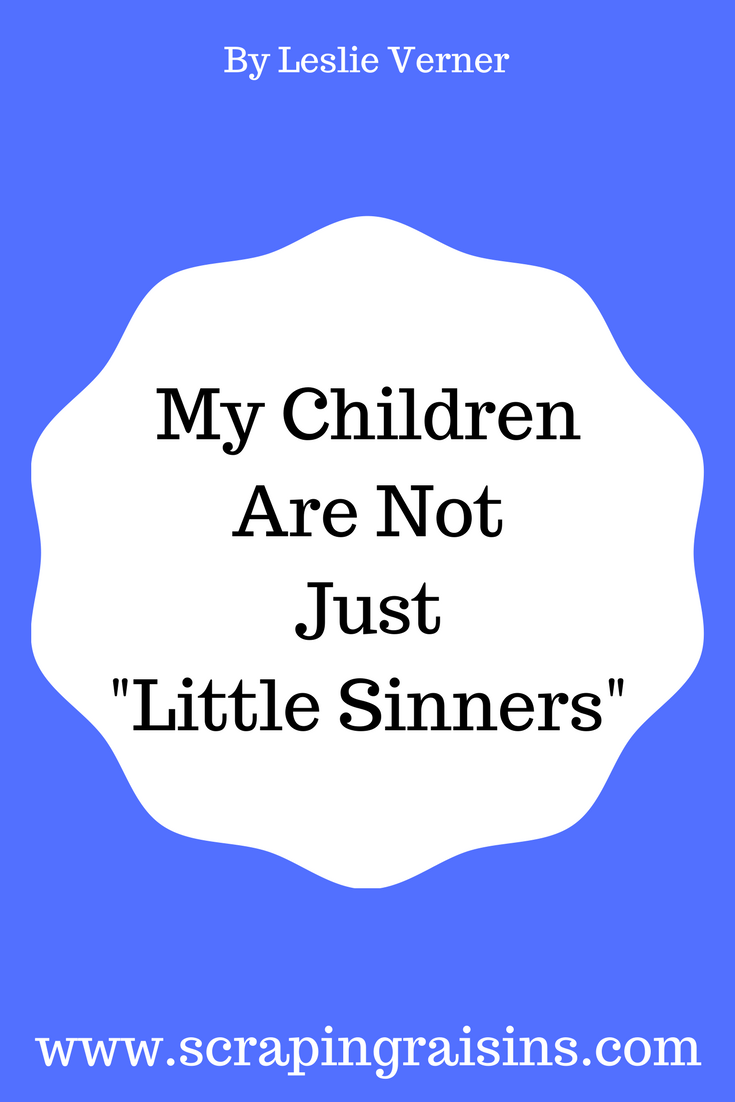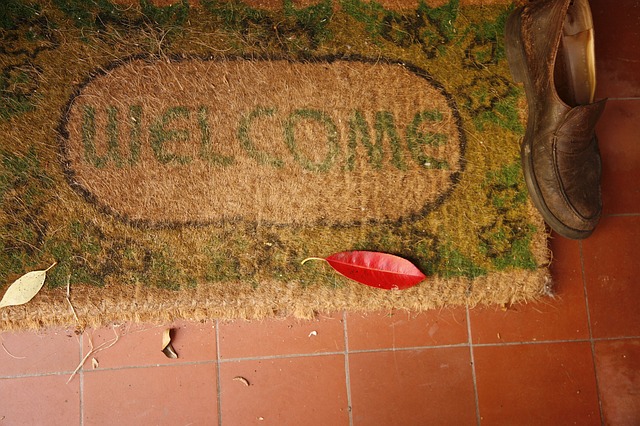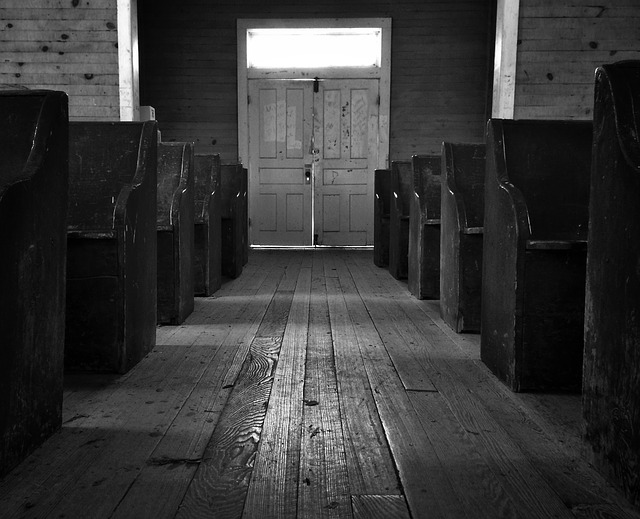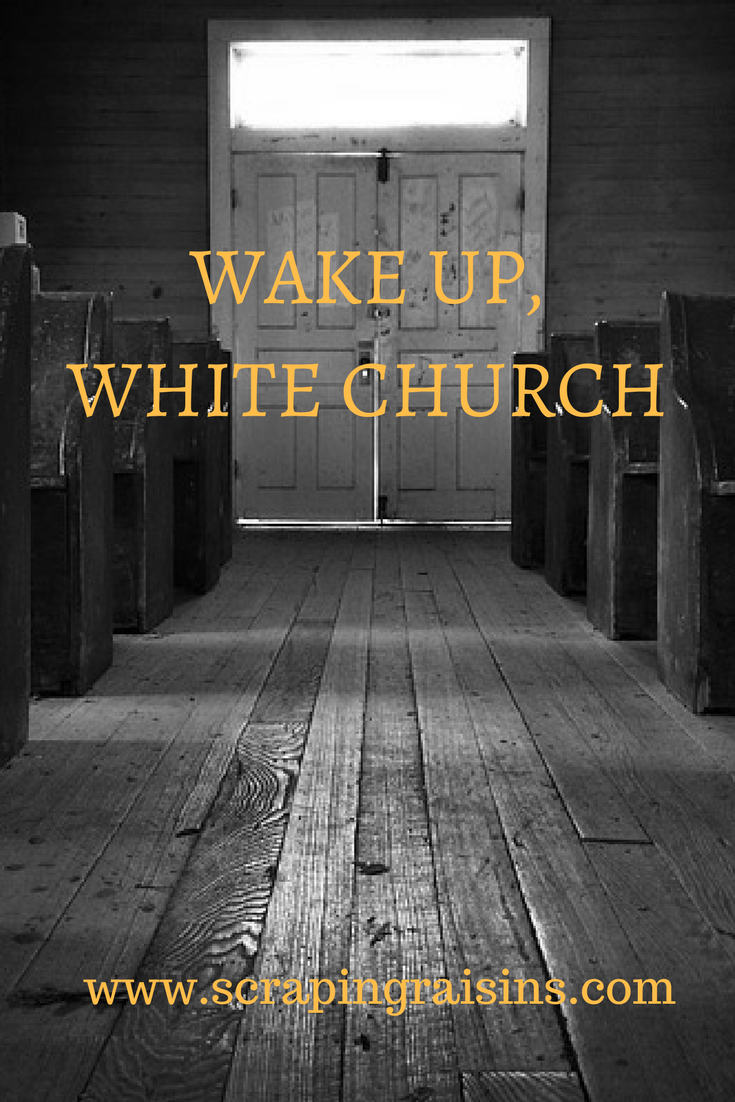
I have a confession that may or may not shock you. As much as I once longed to be a mom, I spend the majority of my days looking over the shoulders of my constant companions—my three tiny children—wishing I were anywhere but here. Highly educated, I feel largely unqualified and wholly unprepared to be a mother to tots and preschoolers. I often fall into the “just wait it out and survive” camp instead of the “thrive and delight in your circumstances” camp.
But the Holy Spirit snagged me in a few traps recently as I randomly opened the Bible. Not once or twice, but three times in ten minutes, I turned to passages where Jesus talked about children. In each one, he gently stood a child in front of his listeners as an object lesson and bade them look and listen.
“Welcome this child, and you welcome me,” he said in Luke 9:48.
“See that you do not look down on one of these little ones. For I tell you that their angels in heaven always see the face of my Father in heaven,” Jesus said in Matthew 18:10.
And the kicker: “Unless you change and become like children, you will never enter the kingdom of heaven,” he said in Matthew 18:3.
Sitting in the last quiet moments of the dark morning before my three year old would crack open my door, climb into my lap and ask to watch a show, I cocked my head, thinking about my children. Surely God wasn’t talking about my children? Didn’t he know how selfish, loud, ornery, hyperactive, rude, irrational, impulsive and sinful they are?
I studied culture in college. Other cultures often followed strange social rules, communicated differently, and could even hold an alternate moral code. We were taught to enter new cultures as learners, asking questions instead of bringing solutions. One class assignment led us to laundry mats, train compartments, and third grade classrooms to simply sit, watch, and take copious notes in order to learn how to do ethnographies and prepare us for our six-month long internships in developing countries. We were taught to approach new people and places with a holy curiosity. Our professors urged us: before judging, observe; before speaking, ask; before asserting, listen.
As I read Jesus’ words that morning, something shifted and stirred in me, challenging me with these questions,
What if I became a student of my children, studying them as I would study a foreign culture? What if I stopped seeing them as little sinners, and started seeing them as little Christs?
As mothers, we are journalists and anthropologists embedded in the country of children. And if we take the posture of a student, what will we learn there? Assuming Jesus didn’t mean for us to take on the negative characteristics of children, what did he mean?
Seeing is not a new concept, but seeing—truly seeing, appreciating, and even revering—my children is a new concept to me. Barbara Brown Taylor makes the distinction between the “language of belief” and the “language of beholding.” We have our beliefs, but are we ready to see God trying to tap into all of life as we “behold” our children?
This year, my goal is to take advantage of the privilege of spending day and night in the company of the little people Jesus commanded us to emulate. I want to enter the country of children with the posture of a person who does not have all the answers, but suspends belief in order to behold.
What can our children teach us about kingdom living?
Children dwell in imagination land and conjure up mystical, magical worlds. They believe in a jolly, bearded man who flies around to houses delivering presents made by elves just as easily as they believe there are monsters in their closets. The lines between sacred and secular are marvelously blurred in the eyes of a child. They notice everything and model holy astonishment with hundreds of questions a day. They give extravagantly of their emotions—both good and bad. They love to be loved. They are silly and squirrely and come programed with giggle buttons.
Their little hands thrive on creating—cutting, gluing, weaving, drawing, sculpting and painting. They are novice artists, uninhibited by criticism or fear of failure. No one expects them to be “good” at anything yet, so they create with the wild abandon of the unshackled and unafraid. And they are utterly and unashamedly dependent.
It’s no mistake Jesus came to earth as a baby. In the Bible, small rarely equals insignificant. Instead, small represents latent power, potential and promise. Manna, mustard seeds, yeast, fish, and bread were divine symbols in ordinary form. The majesty, splendor and radiance of God hide in an infant nursing at the breast of a low class woman.
Incarnation chooses small, ordinary objects in which to veil the divine.So when Jesus grabs a child and says, “see him,” “see her”—“welcome this little one and you welcome me,” he is pointing to the majesty of God hiding out in our tiny children.
Studying my children will take intentionality on my part. I am usually more intent on molding them into my image than seeing how they already reflect the image of God. I rarely consider them as the tiny priests and priestesses they are, with a direct line to God, unencumbered by adult burdens. Their air is still clean and unpolluted by sin and all the shame it delivers. “Blessed are the pure in heart, for they shall see God.”
Does this mean I will stop teaching, guiding and modeling what it means to be a rational, god-fearing adult to my children? Of course not. But instead of seeing my children as a nuisance or as soiled and in need of cleansing, I will welcome, respect and revere them as little Christs. I’ll take the posture of one who enters other cultures to learn: before judging, observe; before speaking, ask; before asserting, listen. I may just see more of Jesus than I have ever seen before.
***
I plan on delving more into this topic in the new year, so sign up for my newsletter to be sure you don’t miss the discussion!










